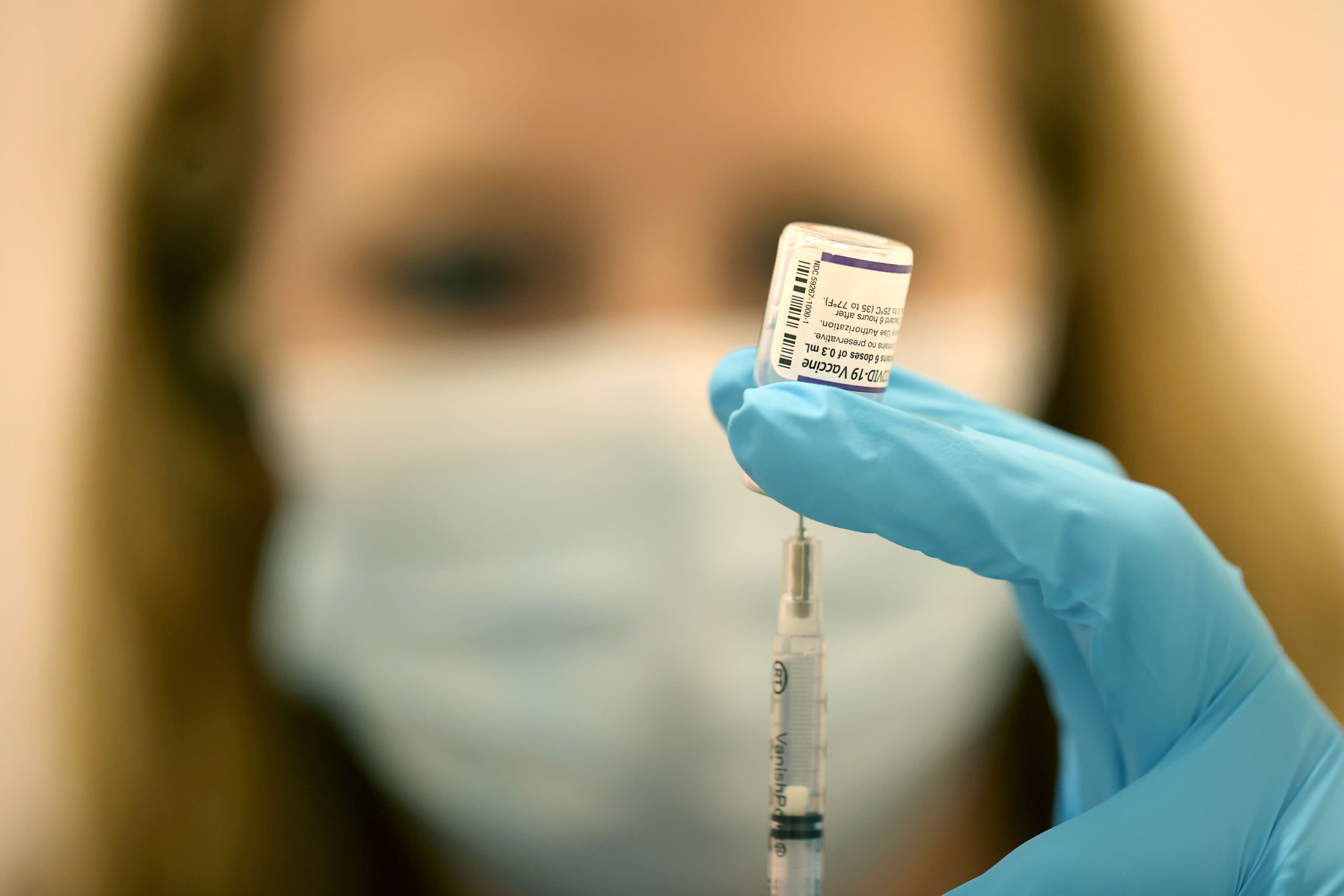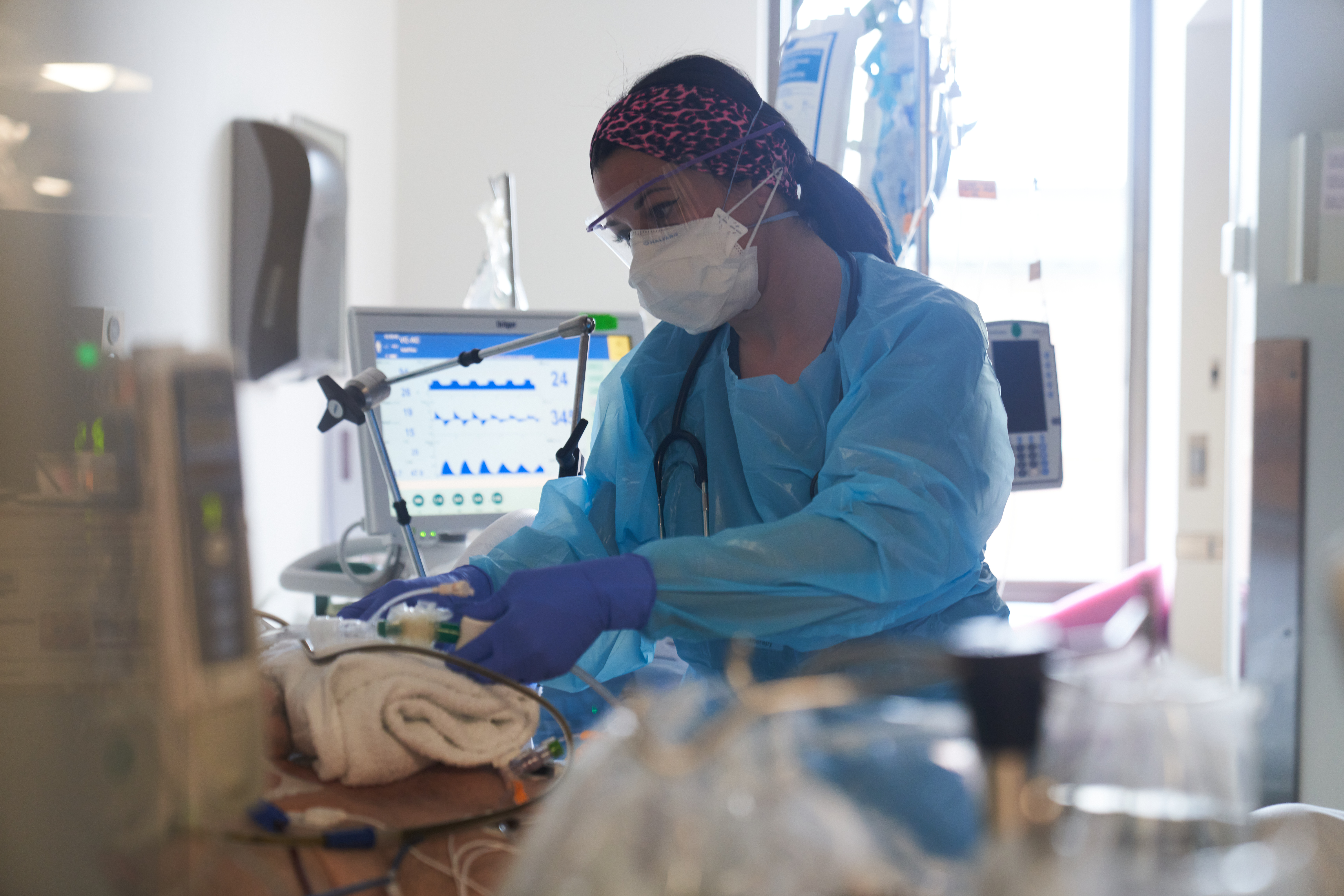Post-infection immunity does not get enough recognition, top Boston doctors said, but they were split on whether it should be considered when making coronavirus-related policies.
Natural immunity among recovered people is acknowledged in COVID-19 restrictions elsewhere across the globe, including in Europe, where people who have recovered do not have to quarantine after travel. Under the European Commission's COVID-19 guidelines, fully vaccinated and recovered people are not subject to testing and quarantine restrictions.
Top Boston doctors talked about whether the level of immunity after infection should be considered when implementing pandemic-related policies and restrictions during NBC10 Boston's weekly "COVID Q&A" series Tuesday.
More from this series
Get Boston local news, weather forecasts, lifestyle and entertainment stories to your inbox. Sign up for NBC Boston’s newsletters.
Post-Infection Immunity
Similar policies to extend restrictions after infection were considered in the U.S. last year, according to Dr. Shira Doron, hospital epidemiologist at Tufts Medical Center, but were ultimately discarded due to disagreements on the duration of time.
"One could argue about how long to extend that assumption of immunity for. And certainly omicron taught us that people with pretty recent infection, if that infection was likely delta, can become re-infected," Doron said. "That being said, we haven't properly acknowledged that infection does provide good immunity, and while vaccine related immunity is more reliable, it doesn't mean that infection related immunity doesn't exist."
Both Doron and Boston Medical Center's Dr. Sabrina Assoumou, who serves on Boston Mayor Michelle Wu's COVID-19 Advisory Committee, agreed that immunity after infection should be considered by policy-makers.
"I do think that would really help engender trust in public health officials," Doron said. "I think there's a sense in society that there hasn't been enough recognition of immunity after infection."
"I agree," Assoumou said. "I think we've been slower at acknowledging the protection provided after infection, but also I think also slow at acknowledging that, you know, we don't want to get the level of immunity in the population through infection because there's so many deaths that would occur."
Hybrid Immunity
Assoumou said there's an advantage to having "hybrid immunity," which is a combination of immunity from both infection and vaccination.
"That's actually very protective," she said of hybrid immunity. "So there's ways that we can sort of emphasize how we can enhance that immunity so that the population feels like we are acknowledging that there is some protection from providing some immunity after infection."
"There's an advantage to what we call hybrid immunity, which is a combination of having immunity after infection and also from vaccines that's actually very protective."
Boston Medical Center's Dr. Sabrina Assoumou
Brigham and Women's Hospital Chief of Infectious Disease Dr. Daniel Kuritzkes disagreed with Assoumou and Doron.
Kuritzkes noted that immunity from one variant may not necessarily transfer to another and it would be difficult to document. He also expressed concern over motivating people to get vaccinated.
"I just see a whole bunch of issues," he said. "I don't dispute that yes, there is immunity, and then yes, if you get vaccinated after having had infection, you're probably going to have pretty robust immunity."
If a person had been infected six months ago, Kuritzkes said, they likely would have been infected with the delta variant, which doesn't appear to offer much protection against omicron.
"Infection has always been a moving target," he said. "That makes it harder to know how to deal with with past infection."
Kuritzkes was concerned that acknowledging immunity after infection gives people who don't want to get vaccinated an "out." He also questioned how infection would be properly documented and said a PCR test would need to be conducted in order to do so.
The European Commission documents prior infection through a Digital COVID Certificate, which is comparable to Massachusetts' digital COVID vaccination card system that was released last month.



